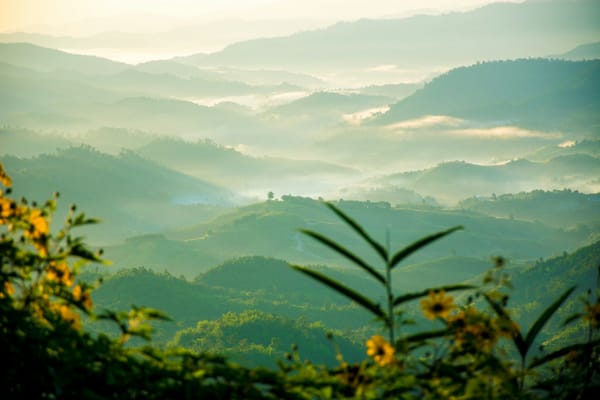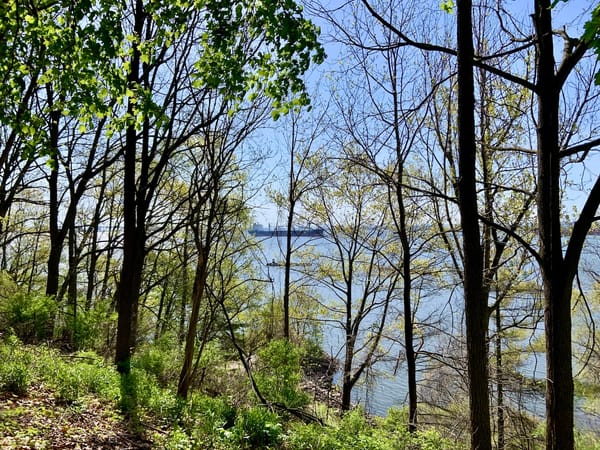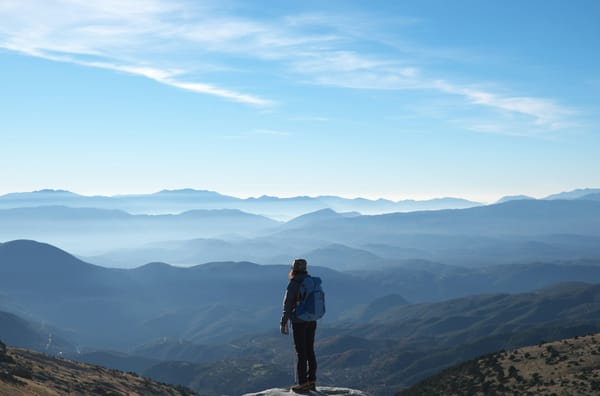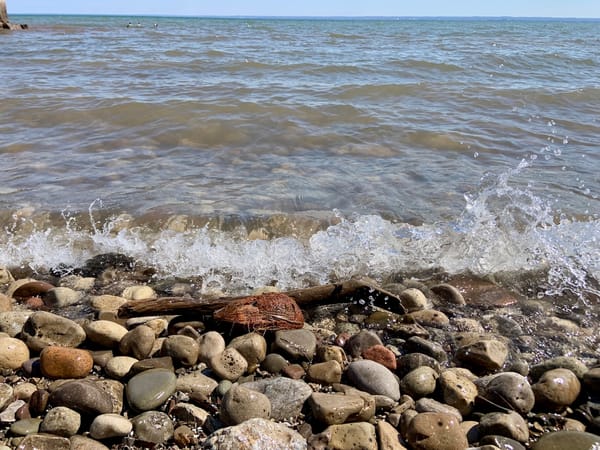an enlightenment

At every opportunity I get, I love saying that motherhood is the biggest spiritual journey I've ever set out on in my life and that Dr. Shefali Tsabary is the spiritual guru I had been seeking all my life but found only after I became a mother. Her teachings on conscious parenting speak to me the way a flute beckons to the wind and transforms it into a melody.
Perhaps one of the most important things I've learned from following Dr. Shefali's works is that the biggest skill we can equip our children with is the ability to cope with pain.
Let us stay here for a while. The ability to cope with pain. It's not about finding happiness, or doing something to drive away the pain, or creating a pain-free existence, if such a way of life were even possible or sustainable the way modern society would have us believe.
And so the question arises. How does one cope with pain? Traditional approaches to coping with emotional pain have typically relied on distraction - watching TV, eating, working out, displaying angry outbursts, shopping, getting a haircut or a manicure. The list is endless. And not a single thing in the list does us any good whatsoever.
So back to the question. How does one really cope with pain?
I found no clear answers to this at first, but again Dr. Shefali came to the rescue. During this period of lockdown, she has been conducting a series of daily meditations and also imparting 'viral wisdoms' on Facebook. After nearly two decades of false-starts, I was able to resume meditating, partly inspired by the work Dr. Shefali is doing. Although I don't follow her videos every day, I've found the impetus I need to stick to a daily practice, and whenever I find myself falling off the bandwagon, I go and listen to one of her teachings, and I'm back in the game. She's a passionate orator.
And these are the answers I have found for myself.
How does one cope with pain? By becoming truly comfortable with it.
How does one learn to become comfortable with pain? One way is through meditation.
What is meditation and how does it help?
Meditation is the ability to stay in one place with ourselves. With all of our feelings and thoughts and fears and anxieties, as they arise, no matter how strong the urge to get up and run away and do something else.
And in doing so, slowly we find that we are eventually able to sit with our most uncomfortable thoughts, our most panic-inducing fears, without feeling the need to take some rash action like lashing out at someone or taking on more work or drugs to keep ourselves distracted.
This is as far as I have reached in the last few weeks.
And the biggest difference it has made in my life so far is this. I have discovered the ability to not react. Feelings of sadness, anxiety, fear, worry, and guilt continue to crop up throughout the day. Earlier, I'd go for a run or a walk, anything to get away from this pain I was feeling. And of course, the relief, if any, would only be temporary. And eventually, I'd send a nasty message to my mum or KrA, or snap at D, or take on more freelance work and eventually crumble, unable to cope with all the workload. And once that veil of anger masking my fears had dissipated, I'd burst into tears.
Now, when the sadness comes, I can mostly take it without feeling the need to whine about how messy the house is or moan to KrA about how worn out I feel. Sadness comes. Sadness will go. In the interim, I can wait. Breathe. Meditate. Feel comfortable with it. And not make it feel unwanted or despised. It comes as a visitor. I honour it. And then it goes.
Attribution: Photo by Neven Krcmarek on Unsplash




